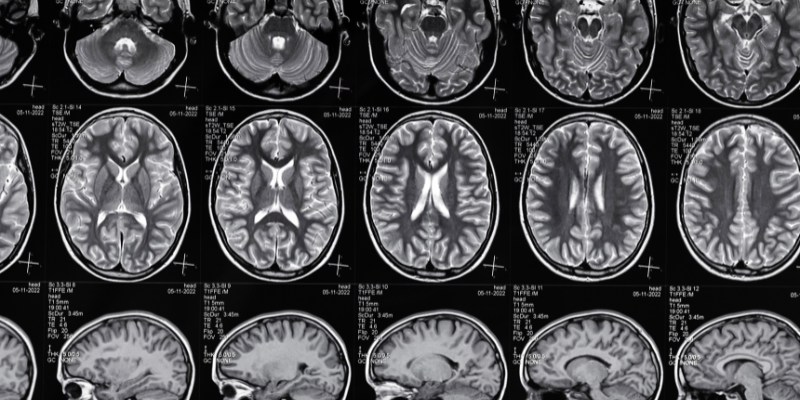The Long-Term Health Risks of Obesity and How to Reverse Them
Obesity is not just a cosmetic concern or a matter of body size—it is a chronic health condition that significantly impacts overall wellness and longevity. Research indicates that there are long-term health risks of obesity and carrying excess weight can shorten life expectancy by close to a full ...






